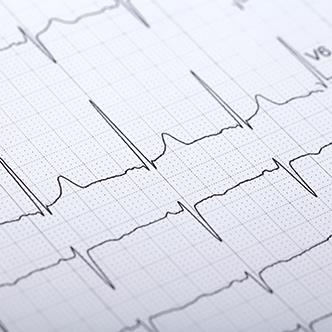
Routine heart tests rack up health care costs while
providing little benefit for low-risk patients, based on a recent study of more
than 2.5 million Canadian adults.
Published in JAMA,
Internal Medicine, this study looked at the impact of routine electrocardiograms
in healthy patients. An electrocardiogram, often referred to as an ECG, is a non-invasive
test that records the heart’s electrical activity. This test is used to check
the overall function of the heart when patients have symptoms of heart issues,
such as chest pain or shortness of breath.
While there are practically no risks associated with ECGs, current
guidelines advise against performing the test in low-risk patients without
concerning symptoms. There’s little evidence that routine testing has
significant benefits for such patients, especially given the added cost.
However, not all doctors follow these recommendations, as recent findings show.
Using a national database, researchers analyzed health care
data from more than 3.6 million adults who had at least one annual check-up
between 2010 and 2015. All adults were considered low-risk, with no
cardiovascular risk factors or history of heart conditions.
After analysis, researchers found that one in five patients
received an ECG within one month of their visit, despite their low-risk status.
These patients were five times as likely to receive additional heart tests and
procedures as those who did not have ECGs. However, rates of hospitalizations
and death was extremely low among all patient—less than 1%—with no significant difference
in rates of complications between groups.
Researchers also note that the proportion of patients
receiving ECGs varied drastically by provider, with rates varying from 1–95%,
depending on the primary care doctor.
What findings show, according to authors, is that routine
ECG testing is relatively common in Canada, despite recommendations against it.
Findings also confirm that ECGs prompt additional testing and procedures, which
can be costly and have little benefit for patients. As a result, authors
encourage better adherence to current guidelines until there is clear evidence
that routine ECGs have added benefits for patients at low risk for heart
disease.